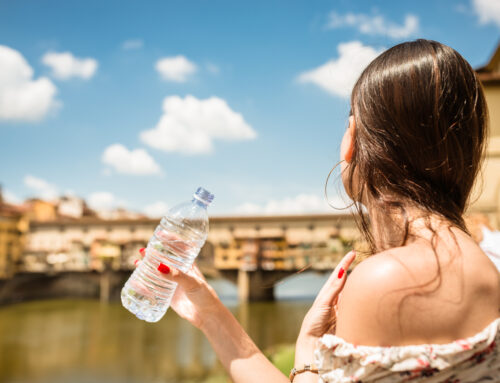Tropics
With warm temperatures, bright clear light and fascinating wildlife, tropical destinations are appealing to holidaymakers and travellers. But disease-causing organisms and vectors thrive in the hot, humid climate. These can affect both visitors and residents, so it’s important to get travel health advice before a visit to the tropics. Follow our travel health tips to make your trip to the tropics safer and more enjoyable.
Health risks vary by season in the tropics
In a tropical climate, there are two seasons: wet and dry, and the different conditions give rise to different health problems. For example, if you travel to parts of Africa during the dry season, you may be advised to get vaccinated against meningococcal meningitis because the dusty, cooler conditions make respiratory illnesses more common. In addition, mosquito-borne diseases such as malaria and Dengue fever are more common during or immediately following the wet season.
As a result, you will get different travel health tips depending on the time of year you’re travelling to the tropics. We would like you to come and see us six to eight weeks before every trip, even if you’ve been to that destination before.
Be aware of fevers that affect travellers in the tropics
Malaria, Dengue fever, yellow fever, and Chikungunya are among the feverish illnesses that can be contracted in the tropics. Consult a healthcare professional if you develop flu-like symptoms while travelling. If this happens within a couple of weeks of your return to the UK, you should see a doctor and tell them where you’ve been, as this will help them make a diagnosis.
Practise mosquito-bite avoidance while travelling in the tropics
Tourists in the tropics will need avoid mosquito bites as part of their travel health regime. Learn more travel health tips from our article on mosquito-borne diseases.
How to cope with heat when visiting the tropics
The tropics’ heat makes them an appealing destination for many. Hot weather forces you to slow down and properly relax, and higher temperatures can be a welcome relief for achy muscles. Obviously, if you need to get some work done on a business trip to the tropics, the heat is a challenge! It takes about ten days to acclimate to heat, so plan on doing nothing for a few days.
Heat exhaustion occurs when the body becomes overheated. The symptoms can appear suddenly. Fainting, tiredness, headache, muscle cramps, nausea, thirst, raised pulse, dark urine, and excessive sweating are among them.
If you are with someone who is suffering from heat exhaustion, move them to a cool place. They should take off their clothes and moisten their skin. They should also drink some fluids.
Heat exhaustion can lead to heat stroke, which is fatal. If the patient with heat exhaustion loses consciousness, place them in the recovery position and seek medical attention.
Avoid sunburn when on holiday in the tropics
The tropics’ clear, intense light is very appealing to those of us who are used to the UK’s cloudy skies. Some sunlight is beneficial because it helps your body produce vitamin D. However, sunlight in the tropics is more intense than that at the UK’s latitude, which increases the risk of sunburn. Sunburn makes your skin more vulnerable to skin cancer, so it’s best to avoid it.
Between 11am and 3pm, seek shade and cover up with clothing and a wide-brimmed hat. More information about sun safety can be found on NHS Fit for Travel.
Book an appointment with NX Healthcare to get the very best travel health tips ahead of your trip to warmer climates.




